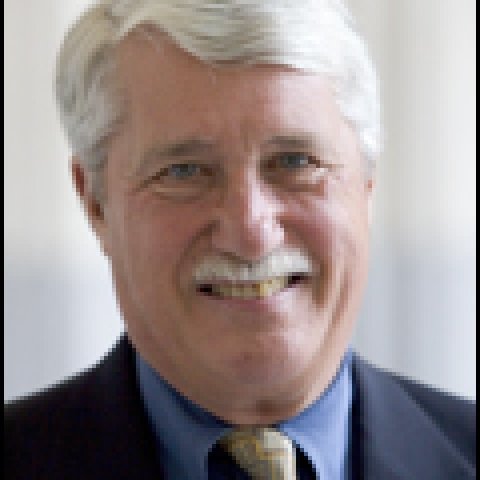Alexander S Cochran
Former Fellow
Professional Affiliation
Independent Scholar; Professor of Military History Emeritus, Air University
Expert Bio
My interest in strategy and war colleges derives from a lifelong study of history, a dedication to the value of the past in preparing for the future, and a decade and half of teaching strategy and policy at American's military war colleges. I majored in history at Yale University, enjoying the subject while unaware of the preeminence of my professors. Upon graduation in 1961, I joined the U.S. Army via ROTC, responding to the challenge of JFK to "do something for your country." Subsequent service in Germany was followed by two tours in Vietnam where I gained first hand experience in the military aspect of national strategy. In the early 1970s on active duty, I earned an M.A. in diplomatic history at the University of Kansas where I began to examine other aspects of national policy. At the University of Notre Dame, I taught courses on military history. Leaving active duty, I returned to Kansas University for completion of my PhD and wrote a dissertation on World War II Anglo-American strategy, in which I continued to examine the complexities of policymaking and realities of strategy execution.I then joined the U.S. Army Center of Military History to write a volume on the Vietnam War. After several years, I organized a group of historians—military and civilian—who provided historical analysis on current and future issues for the U.S. Army senior leadership. From this experience, I saw for the first time the utility of the past for the future—how history could provide context and perspective for America's policy and strategy makers on the complexities and nuances of their undertaking. Since the 1990s, I have continued this endeavor at the military war colleges. With the end of the Cold War, thought at these institutions turned not only to reevaluation of America's strategic interests but also to how they should educate those who will lead. At the U.S. Air Force War College for eight years, I served as a professor and then chairman of the Strategy Department. In the late 1990s, I was selected as the Horner Chair of Military Theory at Marine Corps University, followed by two years at National Defense University as a Distinguished Professor of National Security Policy. Subsequently, I was a Visiting Professor of Strategy and Policy at the U.S. Naval War College and recently served as Harold K. Johnson Visiting Professor of Military History at the U.S. Army War College. At these institutions, I taught strategy and policy to senior military and civilian leaders. I realized that each college had different views on this subject shaped by their own service culture; thus each followed its own curriculum. While they have done so competently, I am convinced that all could do better to meet the demands of the 21st century security environment. Through a comparative examination of what and how the war colleges have taught since the end of the Cold War and what and how they plan to do so for the next decade, my study will suggest insights for the nation's future leaders.
Education
B.A.(1961) History, Yale University; M.A. (1972) History, University of Kansas; Ph.D. (1984) History, University of Kansas
Subjects
National Security,Military Strategy,U.S. Military History
Experience
- Harold K. Johnson Visiting Professor, U.S. Army War College, 2003-04
- Visiting Professor of Strategy and Policy, U.S. Naval War College, 2002-03
- Distinguished Professor of National Security Strategy, National War College, National Defense University, 2000-02
- Matthew C. Horner Chair of Military Theory, Marine Corps University, 1998-2000
- Professor of Military History, Department of Strategy, Air War College, 1990-98
Expertise
National security policy and military strategy; U.S. military history; the Vietnam War, World War II
Wilson Center Project
"America's War Colleges and the Nation's Security: Teaching the Right Stuff?"
Project Summary
For the past century, American war colleges have taught the symmetry of the elements of national power—diplomatic, economic and military—involved in planning national policy and executing security strategy to future military and civilian leaders. This study will examine, impartially and comprehensively, how these graduate level institutions have approached the subject since the end of the Cold War and how they anticipate doing so for the next decade. Focusing upon organization, curricula, faculty, and students within a comparative analytical framework, it will identify strengths and weaknesses, thereby suggesting a roadmap for insuring America's worldwide leadership in the 21st century.
Major Publications
- "ULTRA, FORTITUDE, and D-Day Planning: The Missing Dimension," D-Day 1944 (Lawrence: The University Press of Kansas, 1994)
- Planning the Gulf War Air Campaign (Washington: Government Printing Office, 1993)
- "American Planning for Ground Combat Operations" Lloyd J. Matthews and Dale E. Brown, eds., Assessing the Vietnam War (Washington: Pergamon-Brassey, 1987)
